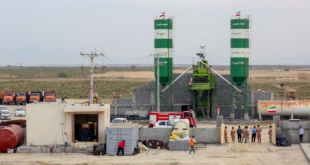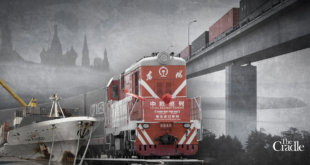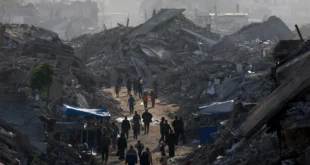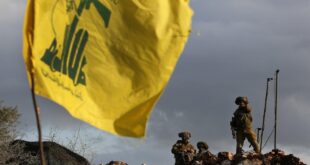Serbian President Aleksander Vucic has once again doubled down on his refusal to align with EU sanctions against Russia, despite growing pressure from the EU.
The Western Balkan country has refused to align with sanctions laid down following Russia’s invasion of Ukraine and subsequent war crimes carried out against citizens. Instead, they signed an agreement on foreign policy with Moscow and Interior Minister Aleksander Vulin met with Russia’s Foreign Minister Sergey Lavrov and pledged ongoing relationships.
In last week’s European Commission country report for 2022, it was clear that Serbia must align with the bloc on foreign policy matters. Furthermore, several MEPs have called for a withdrawal of EU funding until they do so.
But Vucic will not budge.
“As long as we can resist, without endangering our most vital and state interests, we will follow the policy decided in consultation with the National Security Council,” he said, adding that, “when we can’t, we will turn to our people, the citizens, and we will show them why Serbia can no longer resist the imposition of sanctions.”
“I think you can’t have a clearer and more concrete message,” he told the media on Monday.
The president, who was minister of information in the genocidal regime of Slobodan Milosevic, added that they would not change their policy in line with people’s threats or expectations as if they did, “the new pressure and a new story related to Kosovo will begin.”
Serbia refuses to acknowledge Kosovo’s independence after the 1998-1999 Kosovo war and a declaration of independence in 2008. Serbs killed thousands of Kosovo Albanians, raped 20,000 men and women, and displaced over a million more.
Serbia is the only country in the Western Balkans that has not joined the EU in imposing sanctions on Moscow
 Eurasia Press & News
Eurasia Press & News




